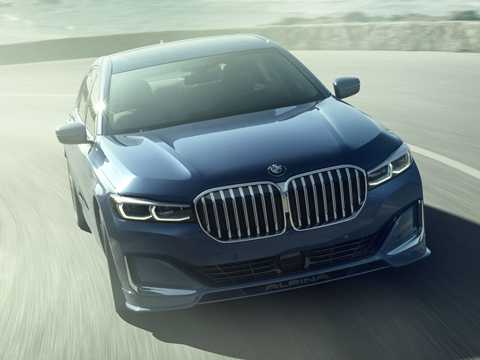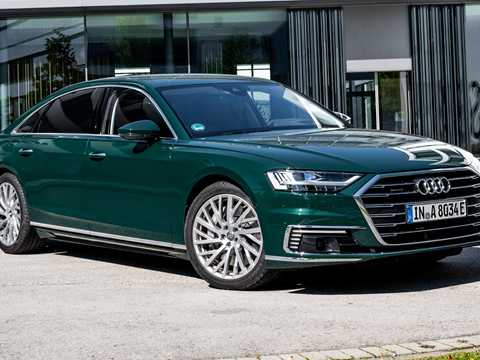Jaguar, for an uncomfortably protracted period, was unclear on the future of its large luxury saloon, the XJ. The possibility that the XJ name had made a return for it to fizzle out after one generation in the face of an incredibly competitive field would be a shame.
The Mercedes-Benz S-Class have been selling very strongly, much to the confoundment of market analysts who widely predicted luxury SUVs and more reserved buying habits would negatively impact sales. By contrast, Jaguar has sold around 20,000 XJs last year, a number that’s on the up-and-up, but which pales in comparison to the kind of numbers that S-Classes are selling at.
But sources have told Autocar that after due deliberation, the XJ’s future within the Jaguar-Land Rover umbrella is secure, acting as a platform for the group’s advancements in powetrain, build, and technology to be showcased.
This new information foreshadows the possibly flurry of feature announcements from JLR, such as hybrid powertrains, more complex autonomous capabilities, a new level of build quality and packaging, manufacturing techniques, and even a new design language to better unify the XE, XF, XJ, F-Type, F-Pace lineup.
The fact is, buyers who opt for the XJ are not looking at it from a practicality standpoint, as the newest XF comes very close to overall cabin/boot space while priced, naturally, quite a bit lower.
As Jaguar’s head of vehicle design, Ian Callum, says: “Proper luxury brands have to have an indulgent car in there somewhere. We’ve got two: the XJ and the F-Type. If you want the room of an XJ, you might as well buy an XF — there’s not much in it — but the whole point of luxury is indulgence, so you need a car like that, something that acts as the bookend for the brand. I think we will always have that.”
The XJ could take a place similar to that of the Range Rover, where it is positioned more of as an aspirational, status-defining vehicle, a car where the best of JLR can be condensed into.
The next XJ, which should be out around the year 2019, and constructed with the same aluminium-intensive D7a architecture, will have a mountain to climb if it intends to be on par with with BMW 7-Series and Mercedes-Benz S-Class. If Jaguar-Land Rover pulls it off, however, could set the stage for Jaguar to really be considered a serious player in the premium segment, setting of chain reaction that could skyrocket the desirability of its other models as well.























